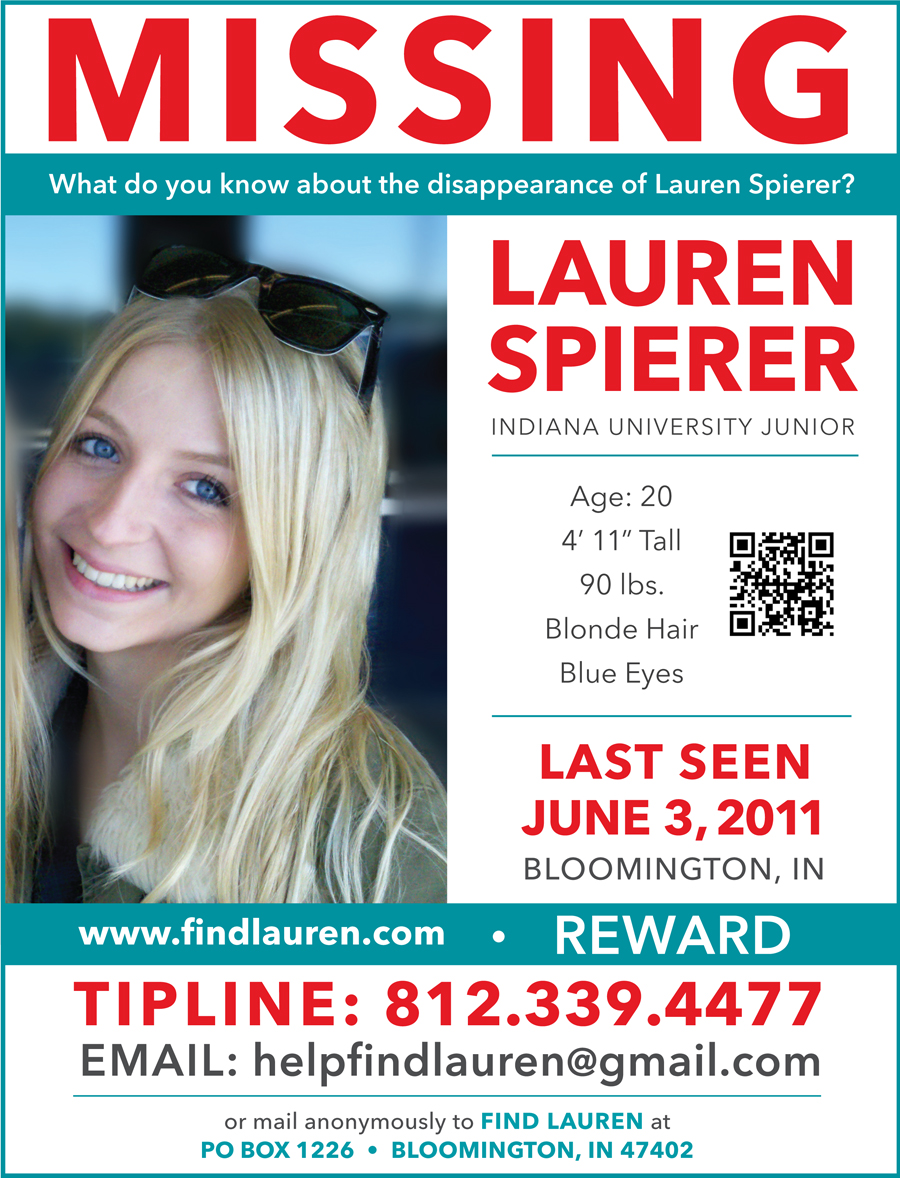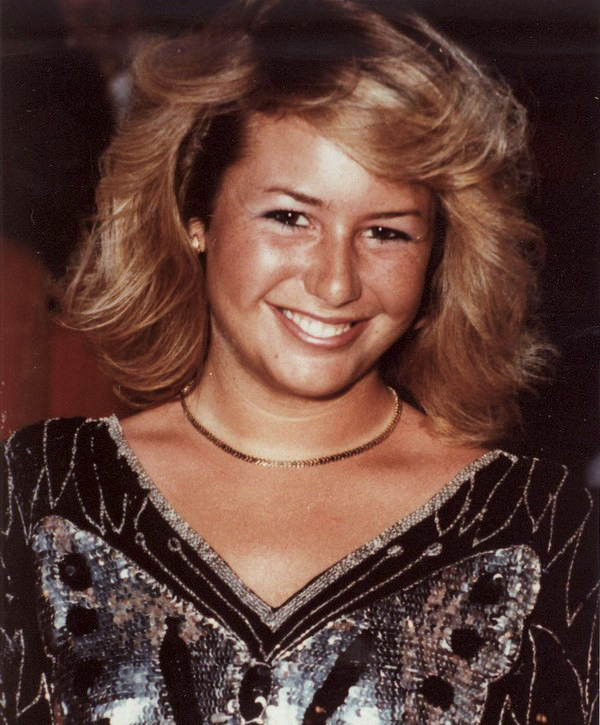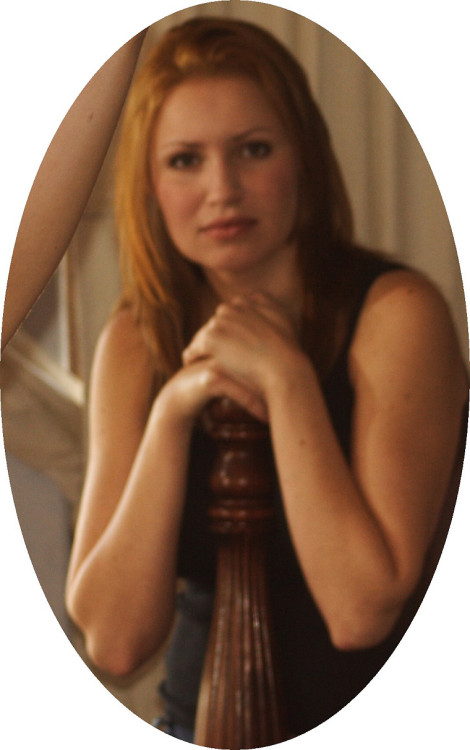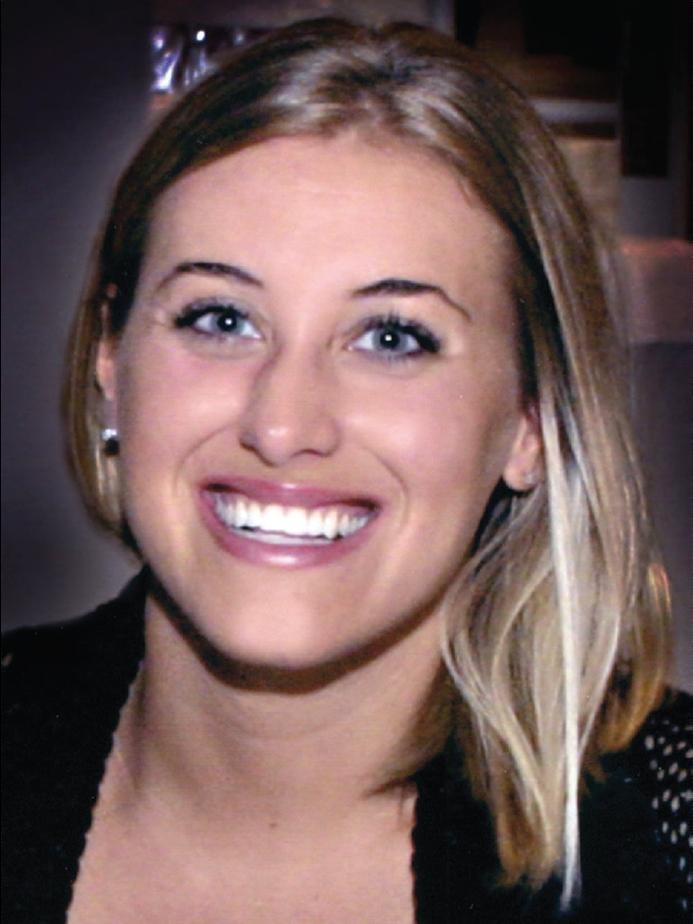Nunc pro tunc no slam dunk
 Saturday, November 6, 2010 at 6:39PM
Saturday, November 6, 2010 at 6:39PM 
In Latin, nunc pro tunc literally translates into “now for then.” In other words, retroactive. Chief Judge Belvin Perry, Jr. listened to several matters brought up at the hearing held on October 29, including issues over funding that dated back to May, hence, nunc pro tunc. Four days later, on November 2, the judge delivered his ORDER ADDRESSING RETAINMENT AND PAYMENT OF EXPERTS, INVESTIGATORS, MITIGATION SPECIALIST, AND OTHER COSTS. Written in chambers, without bravado and with his usual brevity, it addresses three separate motions filed earlier by Casey Anthony’s defense.
MOTION ONE
On September 30, Ann Finnell filed the Motion to Determine Reasonable Budget for Due Process Costs in a Capital Case and Motion to Incur Certain Specified Costs. A long-winded title, indeed, that came with a short reply from the judge on each specific element. Casey had requested authorization for anticipated costs for the penalty phase, if this case ever truly reaches that stage, plus mitigation costs addressed previously in an order dated May 12, 2010 nunc pro tunc to May 6, 2010.
Private Investigator
The defense asked for the authorization of a $5,000 cap on the use of a private investigator “to provide services for the penalty phase such as locating and interviewing mitigation witnesses, documents, and other relevant evidence.” Judge Perry reserved judgment and told the defense to submit an itemized list, by November 5, of the investigative services needed to support the request. It sounds reasonable enough. After all, one of the key points the judge made at the hearing was that he was not going to write an open check.
Psychiatrist or Psychologist
Here, Casey’s defense asked for the authorization of a $7,500 cap “for services by a licensed psychiatrist or psychologist to examine and conduct forensic testing on Defendant, to render an opinion regarding cross-examination of any State expert, and if needed, to testify at the penalty phase.” The court granted this part of the motion, but set the cap at $2,500 for pre-trial services at JAC rates. Please note that this is pre-trial work and not money going to a possible penalty phase. That money will be addressed at a later date the judge left unclear. I also get the feeling the defense may be able to ask for more if needed, although there was no mention in his order.
Copying Costs
The defense asked for a $1,000 cap to cover copying costs during the penalty phase. Think Xerox. The judge gave them $500 at the approved JAC rate. When the judge asked Ms. Finnell whether that amount would work, she said it most likely would. She didn’t sigh, in other words, or beg for more.
Mitigation Specialist
Casey wanted the court to authorize an additional 100 hours for services of the mitigation specialist, Jeanene Barrett. The court granted her request in full - 100 hours to be provided by Ms. Barrett or another in-state investigator at the JAC rate of $40 per hour. That gives her $4,000 to work with at the full rate. Can she request more? Probably, but the judge wants everything to be itemized and explained.
Attorney Travel Expenses
Ann Finnell wanted a $4,000 cap for expenses she expects to incur as she travels back and forth between her office in Jacksonville and Orlando. The amount covered anticipated trips to and from Ft. Myers. George has family there. Despite public arguments over whether Jeanene Barrett has already been there, done that, it’s moot and nothing more. The judge denied the request because of JAC policies and procedures, and the earlier court ruling entered May 12, 2010 nunc pro dunc to May 6, 2010. This means the order is retroactive to May 6. No money, honey.
Travel Expenses for Investigator or Mitigation Specialist
Casey requested the authorization of a $1,500 cap on travel expenses for one investigator or one mitigation specialist to journey to Ohio to obtain records and interview potential witnesses. At the hearing, Judge Perry said to use the telephone wherever possible, and/or to try to hire someone within the state of Ohio who will work at JAC rates. That would save Florida a lot of money on round-trip airline tickets. Here, he reserved any ruling until the defense can offer reasons in support of their initial request. Explore the options first. Whatever the defense can figure out, the judge will meet with them in camera in order to shield the strategy from the prosecution.
Attorney Travel Expenses for Trial
The defendant asked the court to authorize payment of Ann Finnell’s anticipated travel expenses to attend the trial commencing in May of 2011. The judge had no choice but to deny the request because of JAC guidelines and the earlier order entered May 12, 2010 nunc pro tunc to May 6, 2010.
MOTION TWO
Motion for Additional Hours of Investigation (guilt phase)
On October 25, Jose Baez filed a motion on behalf of his client. He asked the court to authorize an additional 300 hours for in-state investigative services in order to “continue investigating the evidence alleged in the State’s on-going discovery.” Of course, this request was above and beyond the hourly cap addressed during the May 12 nunc pro tunc to May 6 approval. What he ended up with this time is not what he asked for, though. The judge granted an additional 60 hours to the tune of JAC’s $40 per hour rate. Instead of $12,000, he ended up with $2,400. For now. Although not stated in the order, the judge did leave the door open for additional funds later on, if the need arises and the defense can account for every single dime.
MOTION THREE
Motion for Clarification of the May 12th Order regarding both Travel Time and Reimbursement for Travel Expenses and Mileage of Out-of-State Experts, Mitigation Specialist, Investigators, and State Experts
This is in response to a motion filed by Jose Baez on October 25 “because the order entered on May 12, 2010 nunc pro dunc to May 6, 2010 did not specifically address the travel time and expenses incurred or anticipated for these persons. Accordingly, clarification is needed as to the authorization for payment of such costs” according to the order. The court granted this motion, nunc pro tunc to May 6, 2010, and authorized “the payment for travel time and reimbursement for travel expenses and mileage of out-of-state experts, the mitigation specialist, investigators, and state experts at the JAC approved rates and in compliance with JAC’s policies and procedures in this motion and its attachments.” In the May 12 order, ORDERS ADDRESSING MOTION TO SEAL RECORDS RELATED TO THE JUSTICE ADMINISTRATIVE COMMISSION/RETAINMENT AND PAYMENT OF EXPERTS, INVESTIGATORS, MITIGATION SPECIALIST, AND OTHER COSTS/RECONSIDERATION OF DEFENDANT’S REQUEST TO WAIVE APPEARANCE AT CERTAIN HEARINGS/PROCEDURES FOR FUTURE MOTIONS… hold on, I need to catch my breath after that one… the judge addressed many areas of the defense’s earlier motion. I’m not going to go over every aspect of it. This is merely to sort out the reason Judge Perry had to take another look at his order and why he decided to respond now. In essence, the earlier order listed the approval and caps for each individual he cited, but omitted travel expenses:
- Dr. Henry Lee - Criminologist Expert: A cap of 8 hours for in-court services and a cap of 25 hours for out services.
- Jeanene Barrett - Mitigation Specialist: 384 hours for services.
- One investigator (in-state): 300 hours for in-state services.
- One Investigator (out-of-state): 100 hours for out-of-state services.
- One K-9 Expert (out-of-state): 20 hours for services.
- One postmortem hair banding expert: 20 hours
- One forensic entomologist (out-of-state)
- One forensic anthropologist
- One forensic botanist (out-of-state)
- One forensic pathologist (out-of-state)
- One digital computer forensic expert (out-of-state)
- One DNA expert (out-of-state)
- One forensic chemist (in-state)
- One forensic chemist (out-of-state)
Also in that order, he found that the following experts were not relevant and necessary to provide Casey with adequate representation:
- Jury consultant (denied with prejudice)
I recall the judge saying at the motion hearing that Cheney Mason is a qualified jury consultant and that was enough. This was also before Ann Finnell came along.
- One additional DNA expert (denied with prejudice)
- One additional forensic botanist for consulting only (denied with prejudice)
- One additional forensic Biologist for consulting only.
- One trace evidence expert (denied without prejudice)
With prejudice is another way of saying forget about it. It’s a done deal. Without prejudice means a motion can be re-addressed later by taking on a different tack, or by rewriting an incorrect motion, or because - as is the case here - the defense needs an opportunity to decide whether Dr. Lee can provide the trace evidence services. If not, counsel could then request approval from the court for someone else.
- One taphonomy expert (denied without prejudice) to allow defense counsel to request a Rogers hearing.
In my unqualified opinion, a Rogers hearing (in this instance) may be requested if the defense’s expert opinion testimony is incomplete. Taphonomy, from the Greek taphos (death), is concerned with the processes responsible for any organism becoming part of the fossil record and how these processes influence information in the fossil record. Many taphonomic processes must be considered when trying to understand fossilization. See: Taphonomy
- One cell phone expert (denied without prejudice - to determine whether this expert is needed after the state’s expert is deposed.)
In his May 12 order, the judge granted a cap of $3,500 for the costs of public records requests and denied all travel costs incurred by defense counsel, meaning attorneys only, but it didn’t address travel costs for experts. What the judge needed to clarify to both the defense and the JAC is what JAC will be held responsible for paying. In its own response to the defense motion, JAC did not make that clear. At the same time, the official JAC Expert Billing manual states that:
“Experts may not bill for time spent traveling on a case unless an hourly rate has been established by law or a court order for the travel time. Generally, travel time is not reimburseable.”
In this case, the judge did not establish an hourly rate, but the JAC manual does address a mileage rate for reimbursement of $.0445 per mile when out-of-county experts travel more than 50 miles. Will the judge set an hourly rate for the experts’ travel time? The order did cite attachments, which were not released to the public as far as I know. The answer may be in those documents.
Personally, I can’t imagine a better judge when it comes to knowing law. And I wouldn’t hold my breath if I were the defense, expecting him to flub somewhere down the pike. As much respect as I have for Judge Strickland, Judge Perry has a clear docket, and that translates into one important thing: He’s got more time on his hands to make sure this case is handled by the book. That means less things to consider upon appeal. Of course, that’s only if Casey is convicted. Meanwhile, stare decisis et non quieta movere. The defense must maintain what has been decided. In other words, it cannot alter the legal principle under which judges are obligated to follow the precedents established in prior decisions. That’s why the judge denied the defense counsel’s Motion for Reconsideration that dealt with the previously rendered denial of its motion to seal jail logs, including commissary records and telephone and visitation logs. Oh, I could go on, but that one’s for another day.
 Dave Knechel | tagged
Dave Knechel | tagged  Rogers hearing,
Rogers hearing,  biologist,
biologist,  botanist,
botanist,  computer forensics,
computer forensics,  mitigation,
mitigation,  nunc pro tunc,
nunc pro tunc,  pathologist | in
pathologist | in  Ann E. Finnell,
Ann E. Finnell,  Ann Finnell,
Ann Finnell,  Anthropology,
Anthropology,  Capital Punishment,
Capital Punishment,  Casey Anthony,
Casey Anthony,  Caylee Anthony,
Caylee Anthony,  Cheney Mason,
Cheney Mason,  Chief Judge Belvin Perry,
Chief Judge Belvin Perry,  Dave Knechel,
Dave Knechel,  David B. Knechel,
David B. Knechel,  David Knechel,
David Knechel,  Death Penalty,
Death Penalty,  Dr. Henry Lee,
Dr. Henry Lee,  Forensic Entomology,
Forensic Entomology,  Forensics,
Forensics,  Human Interest,
Human Interest,  JAC,
JAC,  Jeanene Barrett,
Jeanene Barrett,  Jose Baez,
Jose Baez,  Judge Stan Strickland,
Judge Stan Strickland,  Judicial Administrative Commission,
Judicial Administrative Commission,  Marinade Dave,
Marinade Dave,  Marinade Dave Knechel,
Marinade Dave Knechel,  Marinade Dave’s Caylee Anthony Posts,
Marinade Dave’s Caylee Anthony Posts,  Ninth Circuit Court,
Ninth Circuit Court,  Touch DNA,
Touch DNA,  marinadedave |
marinadedave | 














 LEGAL NOTICE
©David B. Knechel. All Rights Reserved. No portion of this site can be reproduced in it's entirety or in part without expressed written permission by the owner/administrator of this site in accordance with the Digital Millennium Copyright Act. Section 512(c)(3) of the U.S. Copyright Act, 17 U.S.C. §512(c)(3). The charges against defendants are mere accusations and the subjects are presumed innocent until found guilty in a court of law.
LEGAL NOTICE
©David B. Knechel. All Rights Reserved. No portion of this site can be reproduced in it's entirety or in part without expressed written permission by the owner/administrator of this site in accordance with the Digital Millennium Copyright Act. Section 512(c)(3) of the U.S. Copyright Act, 17 U.S.C. §512(c)(3). The charges against defendants are mere accusations and the subjects are presumed innocent until found guilty in a court of law.
